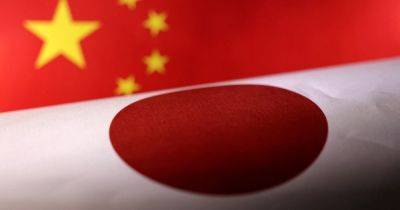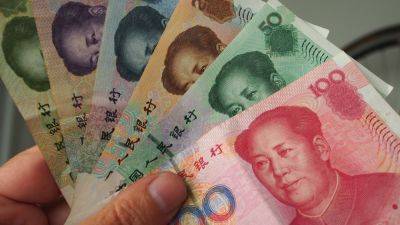Why Japan's workaholics may not embrace a four-day workweek
Japan has ramped up its push for companies to adopt a four-day workweek, but those efforts face steep challenges in a country famous for its workaholic culture.
The Japanese government recently initiated a "work style reform" campaign aimed at promoting flexible work arrangements, shorter hours and overtime limits. To further encourage this initiative, the labor ministry has also begun providing subsidies and free consulting services.
The move marks a more concerted effort after the government first floated support for a shorter workweek in 2021 when lawmakers endorsed the idea. But the concept has not been mandated, and has been slow to gain traction.
"The reasons Japanese work long hours are cultural and social; those things don't change quickly," saidTim Craig, who spent over 20 years teaching and conducting research in top business schools in Japan.
According to the Ministry of Health, Labor and Welfare, only about 8% of companies in Japan permit employees to take three or more days off each week.
Craig, who also wrote a book on Japanese popular and traditional culture, explained that the Japanese place a high premium on work because they tend to view it as a "positive part of life," but social pressure also plays a role.
"If they go home early, then their colleagues will (a) look askance at them, and (b) have to work more to cover for them. Either way, it's not a good feeling," Craig elaborated.
The workplace is also where most Japanese have most of their social interactions, where employees are often willing to stay around longer to help the team and attend long company dinners, observed Martin Schulz, chief policy economist at Fujitsu.
"Being part of a company is almost part of a community, and this results often in







